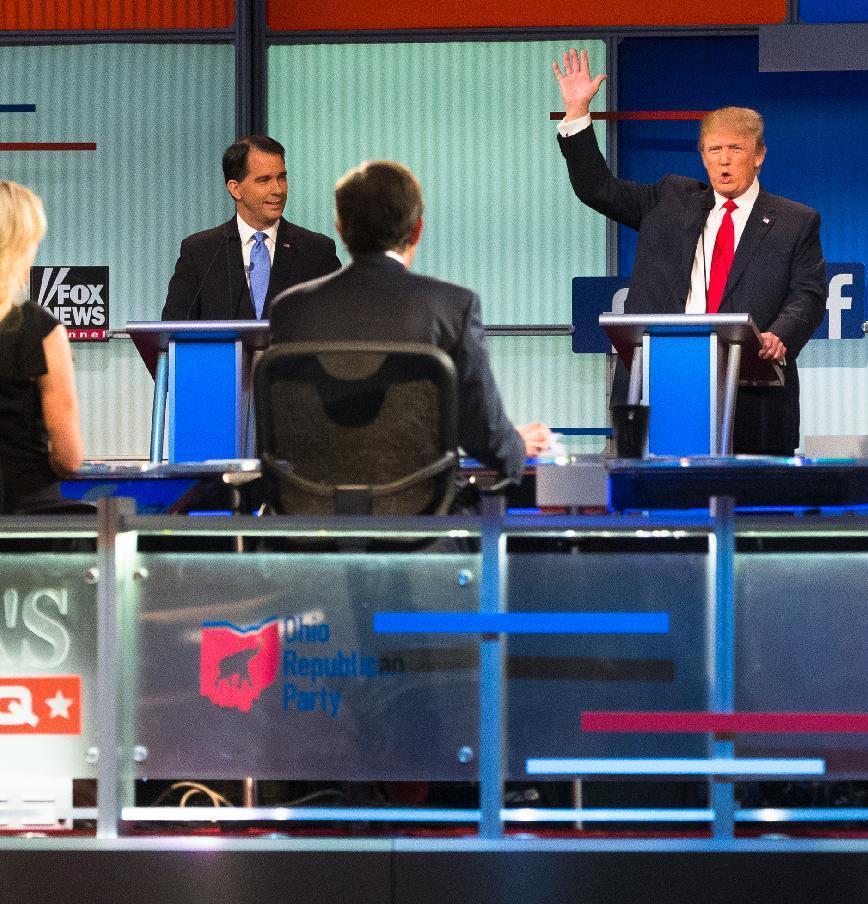With Trump signed on, GOP seeks loyalty pledge from other 2016 hopefuls
The Republican candidates for president started putting pen to paper on Thursday, pledging not to mount a third-party bid after news that frontrunner Donald Trump had done the same. The billionaire businessman roiled the race for the GOP nomination when, in response to the first question at the opening debate of the 2016 campaign, he refused to promise to back the party’s nominee if he fell short. If not for Trump, the need for such a loyalty oath probably would not exist. “I’m, you know, talking about a lot of leverage,” he said at the first debate in refusing to pledge then not to run as an independent.
Every candidate has to make the decision about do you really want the nomination of our party or do you want to have it both ways.
New Jersey Gov. Chris Christie
A third-party bid by Trump, whose lead in what are still very early polls has held strong throughout the summer, would likely harm the GOP’s efforts to take back the White House after eight years of Democratic President Obama. RNC officials have been working with Trump’s campaign to avoid such a scenario. Even though Trump has signed the pledge, it’s unlikely the GOP’s challenges with Trump are resolved. The pledge is not legally binding, and Trump could always change his mind — particularly if GOP establishment leaders take aggressive steps to thwart his candidacy in the coming months.
What I don’t like about Donald Trump is using the Republican Party and perhaps going out, at the very end, after he doesn’t win the nomination, and then trying to destroy the Republican Party.
Kentucky Sen. Rand Paul

Politics Donald Trump